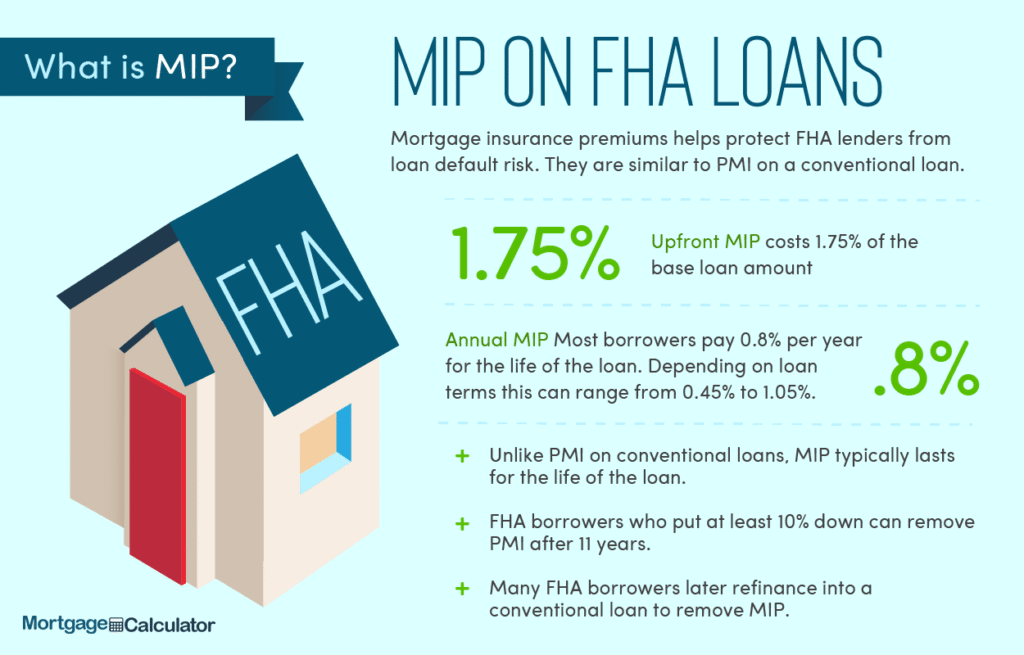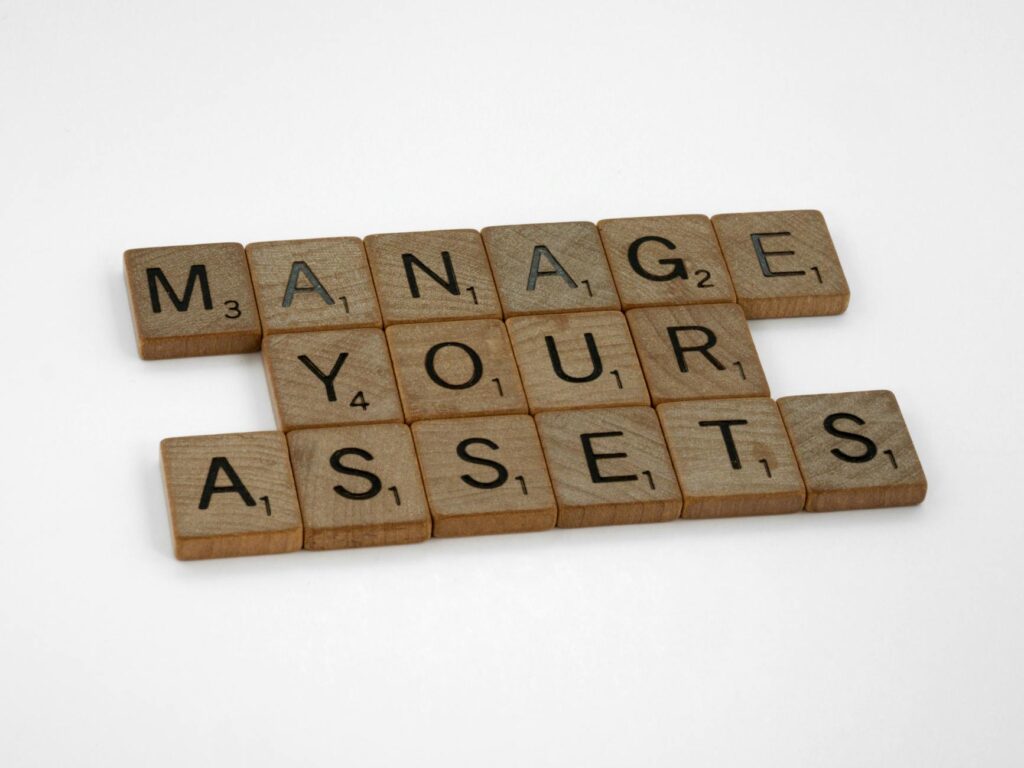Making only the minimum payment on your credit card might seem convenient, but understanding its implications is crucial for your financial well-being. Let’s delve into the details.
Understanding Minimum Payments
The minimum payment is the smallest amount you can pay on your credit card statement each month and avoid late fees. It’s usually a small percentage of your total balance (often 1-3%), plus any accrued interest. While it might appear helpful to keep your payments low, it can lead to significant long-term consequences. 
The High Cost of Minimum Payments
Paying only the minimum payment means you’re essentially paying mostly interest and very little of the principal balance. This means it will take considerably longer to pay off your debt, and you’ll end up paying much more in interest over the life of the loan. A simple online calculator can illustrate this dramatically.
How Interest Accumulates
Credit card interest is typically compounded daily, meaning interest charges are calculated on your outstanding balance each day. Paying only the minimum allows interest to continue accumulating on the remaining balance, making your debt grow. [IMAGE_2_HERE]
The Snowball Effect of Debt
Let’s say you only pay the minimum each month. Even if you make additional purchases, the minimum payment might barely cover the interest charged. This keeps you in a cycle of debt where paying off the principal becomes increasingly challenging. You can learn more about managing your debt effectively.
Strategies for Accelerated Repayment
To break free from the minimum payment trap, you’ll need a more aggressive repayment strategy. Consider increasing your monthly payments, even by a small amount. Explore options like the debt snowball method or the debt avalanche method to prioritize your debts effectively. [IMAGE_3_HERE]
Budgeting and Financial Planning
Effective budgeting is key to avoiding reliance on minimum payments. Creating a realistic budget helps you track your spending and identify areas where you can cut back to allocate more funds towards debt repayment. Check out this budgeting guide for more help.
Seeking Professional Help
If you’re struggling to manage your credit card debt, don’t hesitate to seek professional help. A financial advisor can provide personalized guidance and develop a repayment plan tailored to your specific financial situation. Find a reputable advisor in your area.
The Dangers of Late Payments
Failing to make even the minimum payment can result in late fees, impacting your credit score and potentially making it harder to obtain credit in the future. Late payments can also significantly increase the total cost of your debt. [IMAGE_4_HERE]
Understanding the implications of minimum payments empowers you to make informed financial decisions. While it might seem convenient initially, long-term consequences can be significant. Taking control of your debt through proactive repayment strategies is crucial for achieving financial stability.
Frequently Asked Questions
What happens if I only make the minimum payment? You’ll pay mostly interest, prolonging debt repayment and increasing the total cost.
How can I pay off my credit card debt faster? Increase your monthly payments, explore debt repayment methods (snowball or avalanche), and create a budget.
What’s the impact of late minimum payments on my credit score? Late payments negatively affect your credit score, making it harder to access credit in the future.
Are there any resources to help me manage my debt? Yes, consider seeking help from a financial advisor, using online budgeting tools, and exploring debt management programs.
What is the best way to avoid minimum payments altogether? Careful budgeting and responsible spending habits, paying your balance in full each month.


